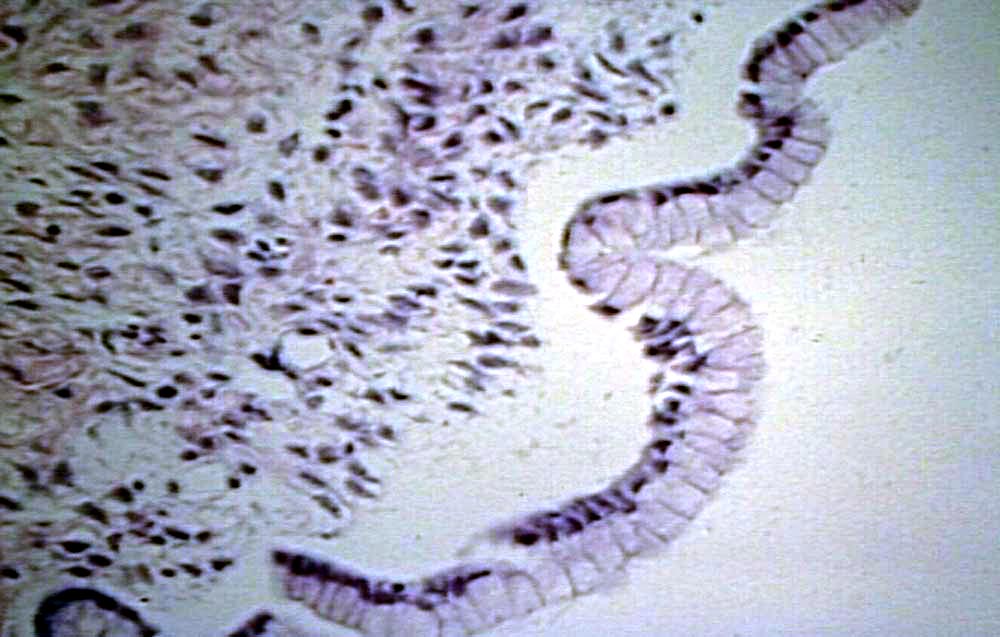

diseases-conditions/stomach-polyps/diagnosis-treatment/drc-20377996 diseases-conditions/stomach-cancer/symptoms-causes/syc-20352438 diseases-conditions/colon-cancer/diagnosis-treatment/drc-20353674 cancers/gastrointestinal/colon-cancer/risk-prevention-and-screening/all-about-colon-polyps Hyperplastic polyp of the colon and rectum.Hyperplastic polyps and the risk of colorectal cancer. You can learn more about how we ensure our content is accurate and current by reading our editorial policy. Healthline has strict sourcing guidelines and relies on peer-reviewed studies, academic research institutions, and medical associations. are receiving hormone replacement therapy (HRT).use nonsteroidal anti-inflammatory drugs ( NSAIDs), such as ibuprofen (Advil).having polyps in your right (ascending) colon.having an inflammatory bowel condition, such as Crohn’s disease.

In addition, research suggests that hyperplastic polyposis is more likely to develop into colon cancer if you have certain risk factors, including: One study found that over half of the participants with hyperplastic polyposis eventually developed colorectal cancer. This condition puts you at a 50 percent higher risk for developing colorectal cancer. Having multiple hyperplastic polyps in your colon is known as hyperplastic polyposis. Larger hyperplastic polyps are more likely to develop into cancer. Your risk of colon cancer is much lower if you only have one or a few of these polyps in your colon. They tend not to cause any other major health problems, either. Hyperplastic polyps rarely turn into colon cancer. What does it mean when this happens in your colon?Ī hyperplastic polyp in your colon isn’t necessarily a cause for concern.


 0 kommentar(er)
0 kommentar(er)
